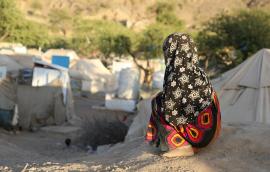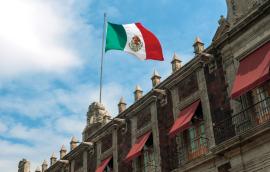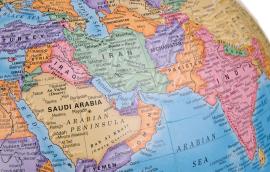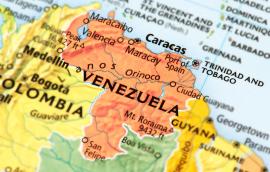Texas and Medicaid
Baker Institute health policy experts Hagop M. Kantarjian and Vivian Ho explain why Texas, which holds the notorious record of the highest rate of uninsured citizens in the U.S., should follow many Republican-led states that are now reconsidering the Medicaid expansion program under Obamacare.
Hagop M. Kantarjian, Vivian Ho January 23, 2014







